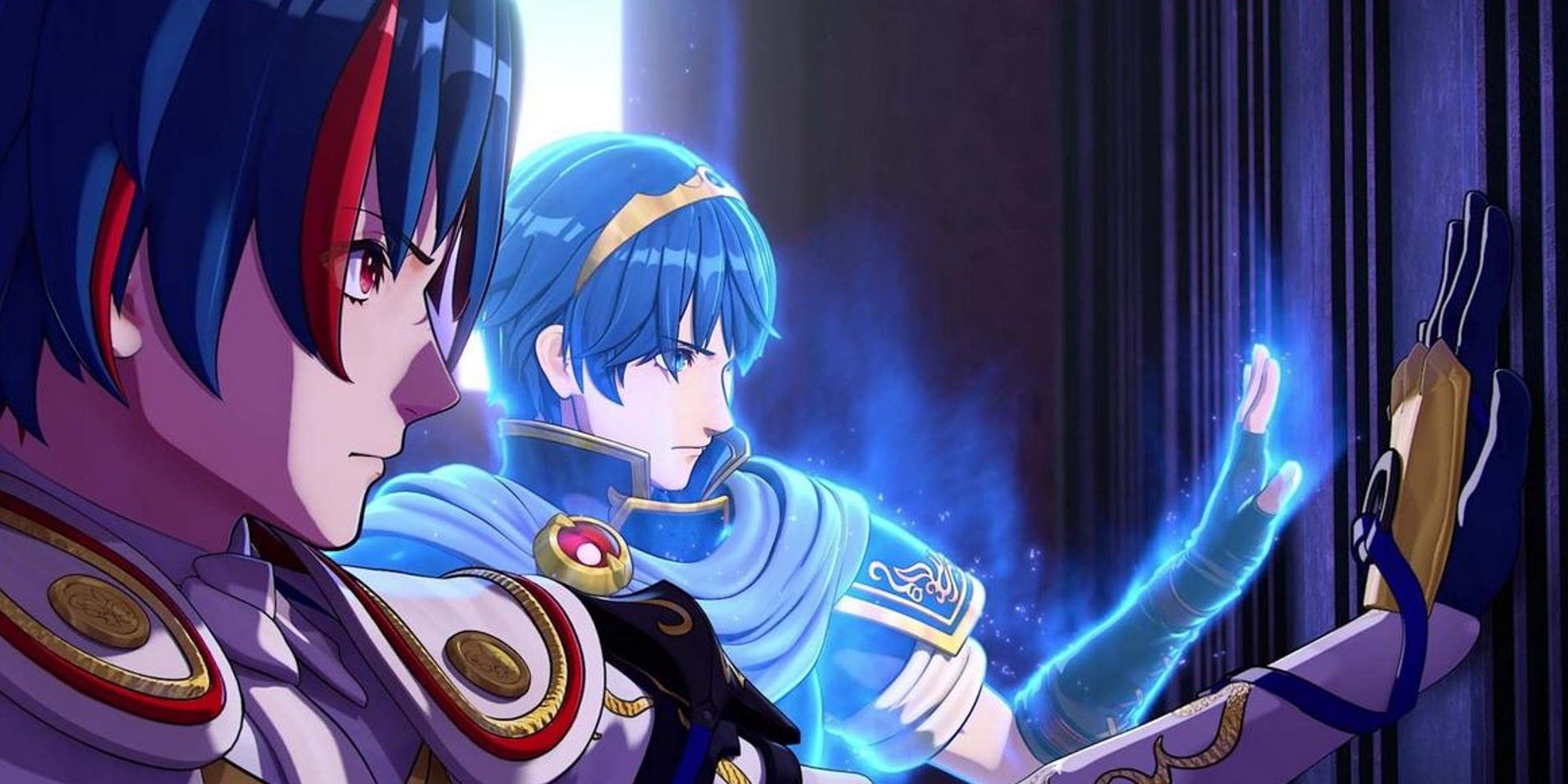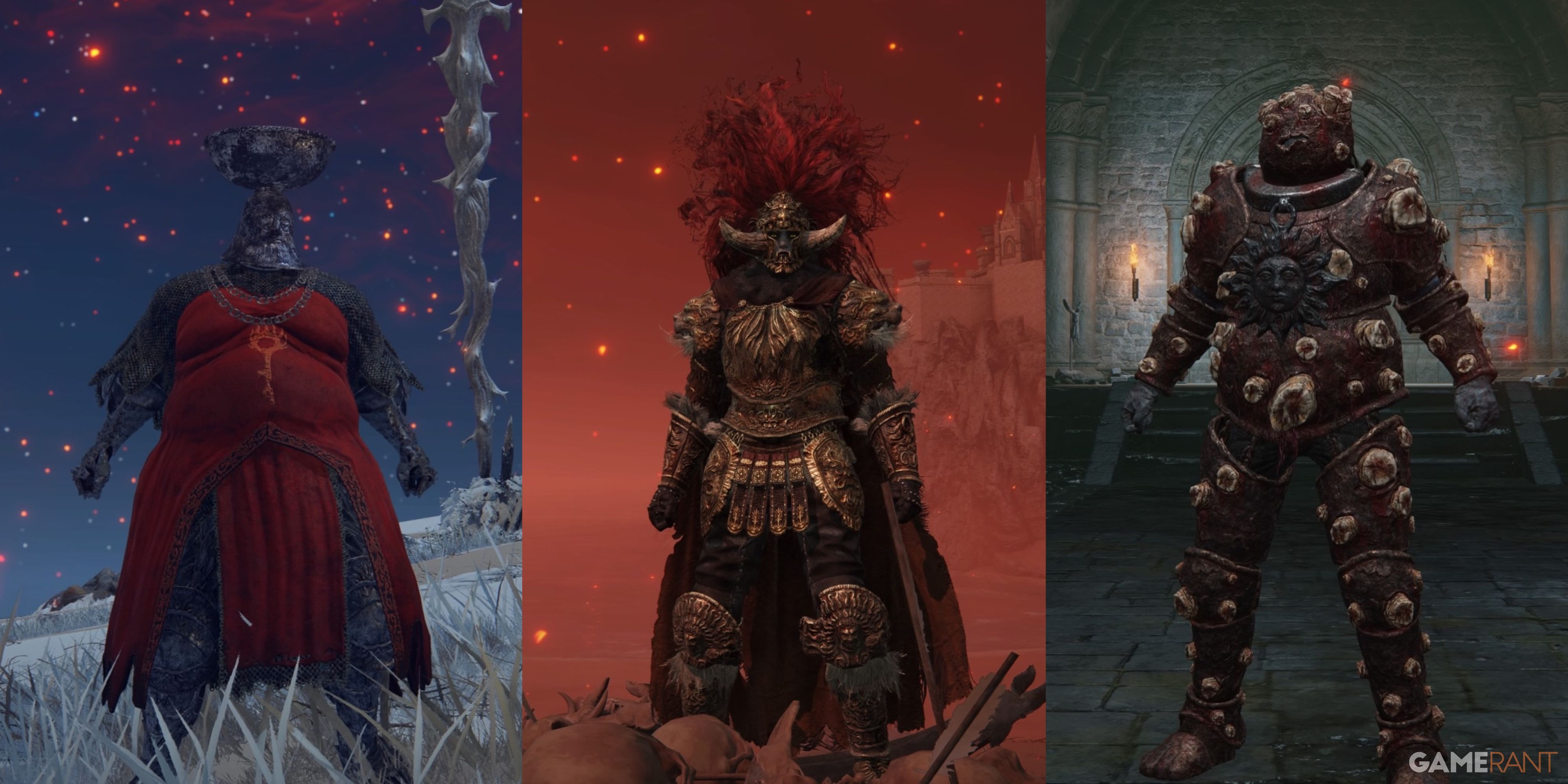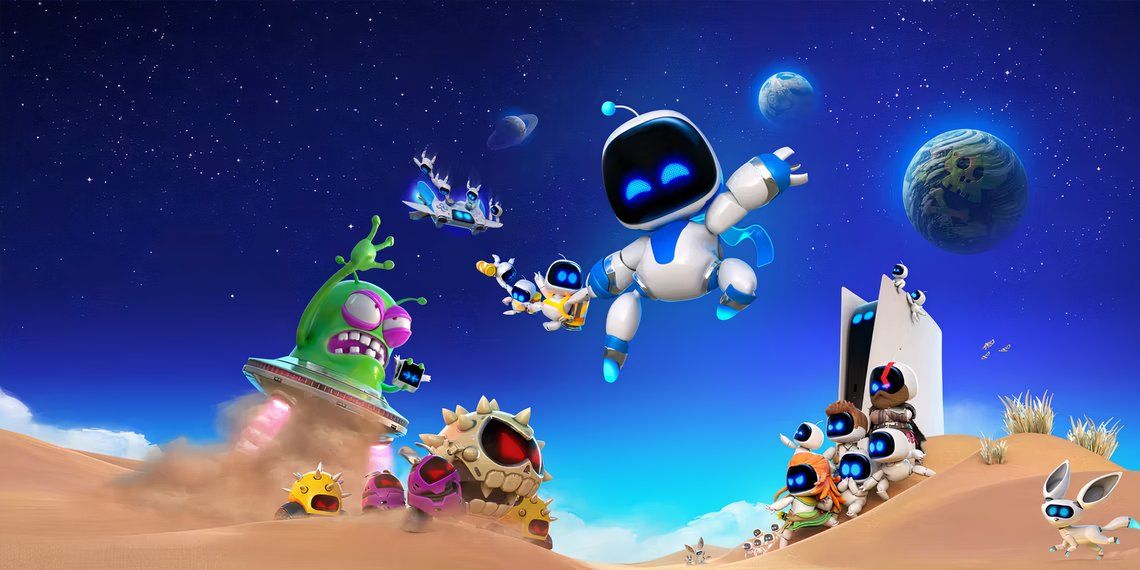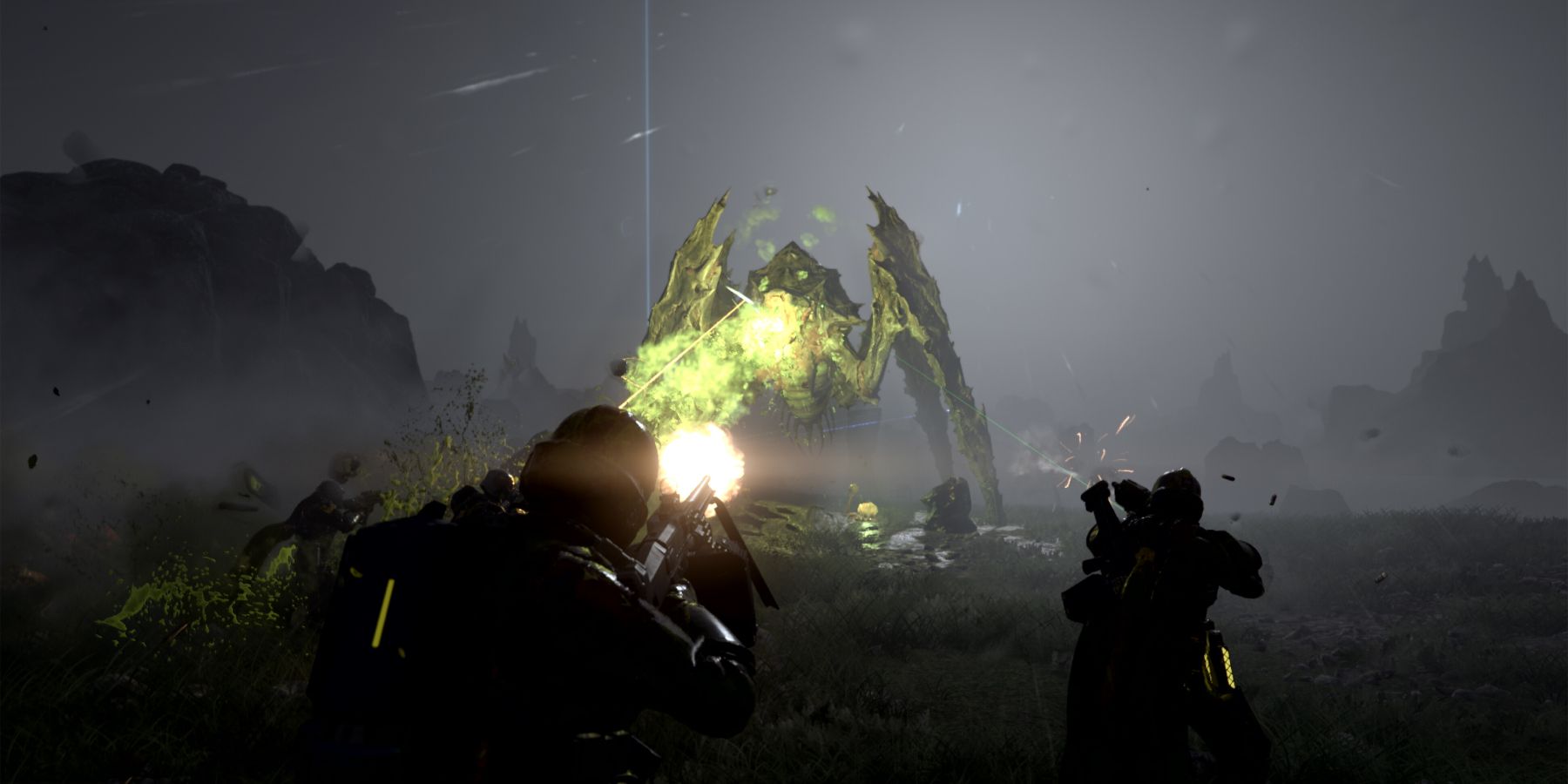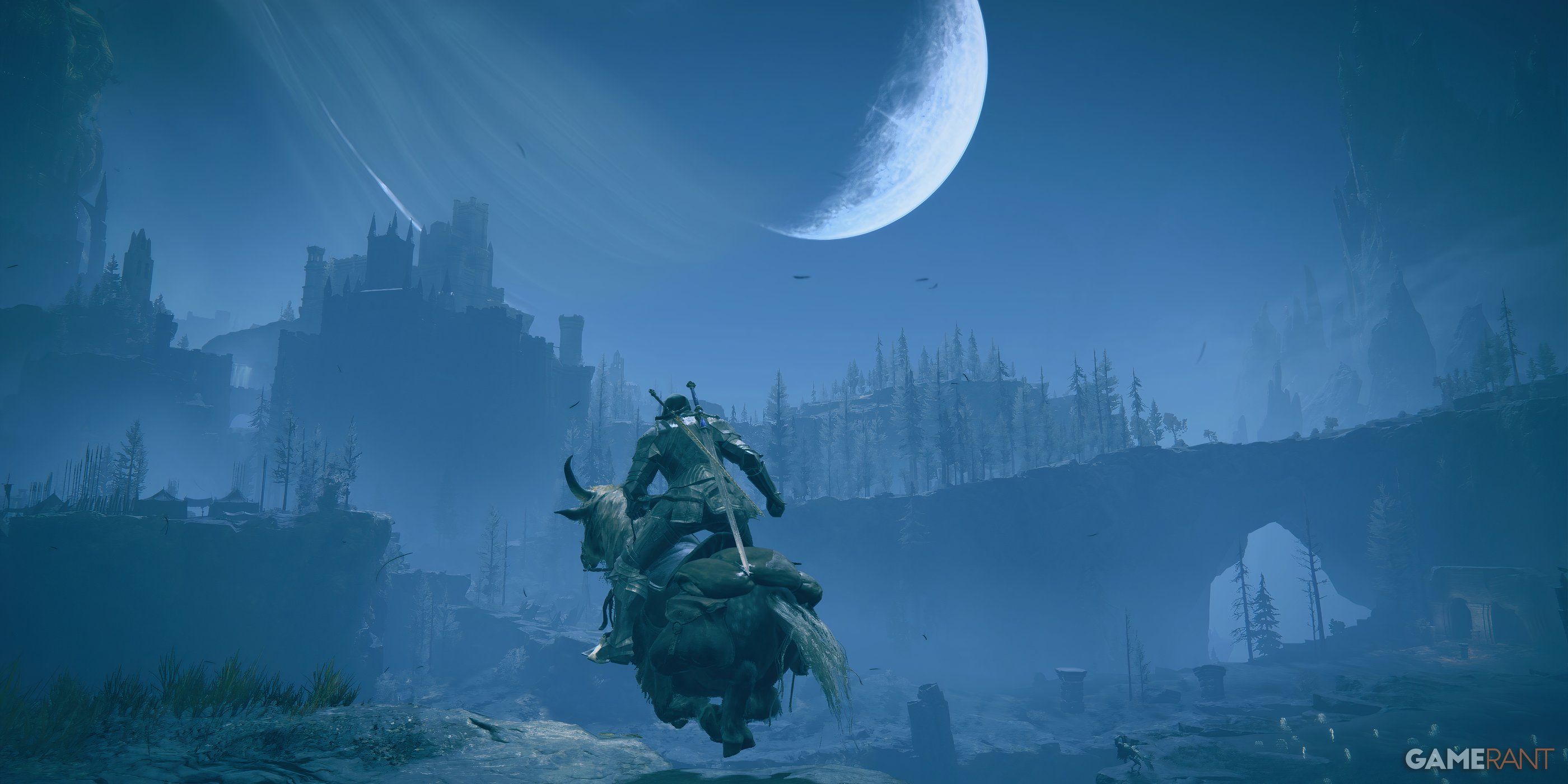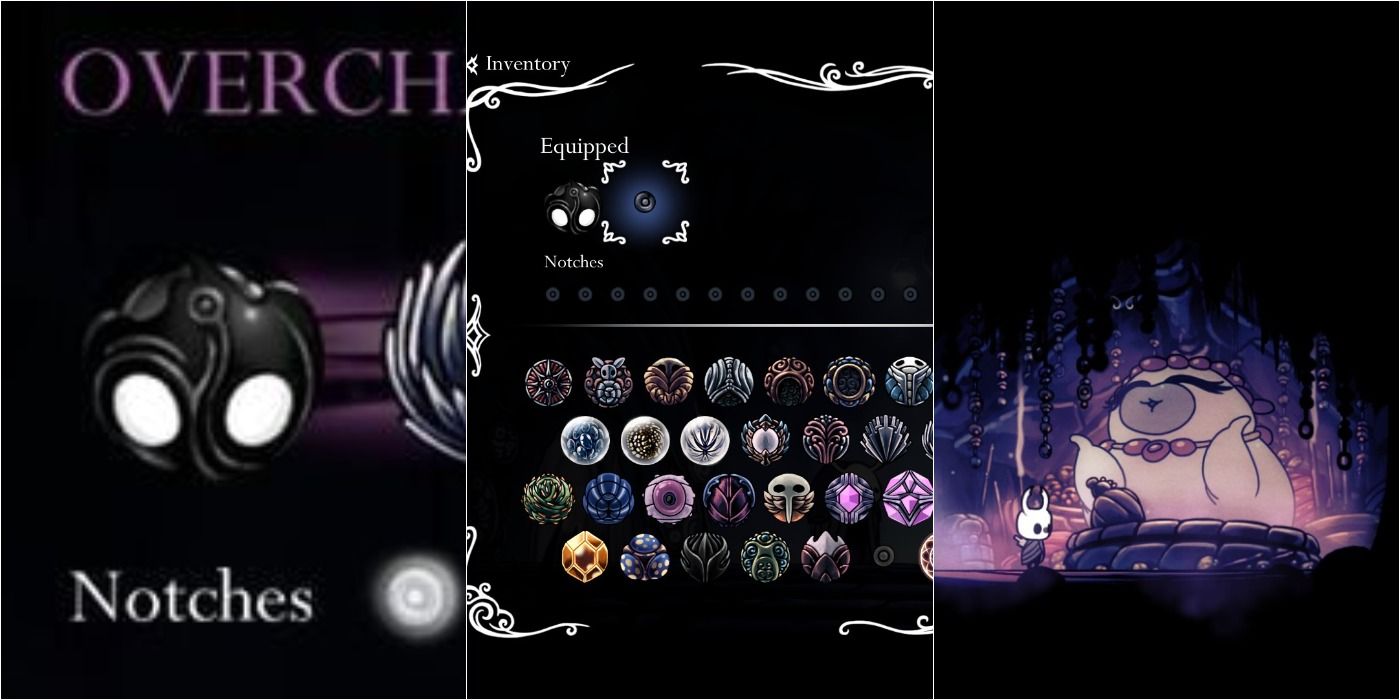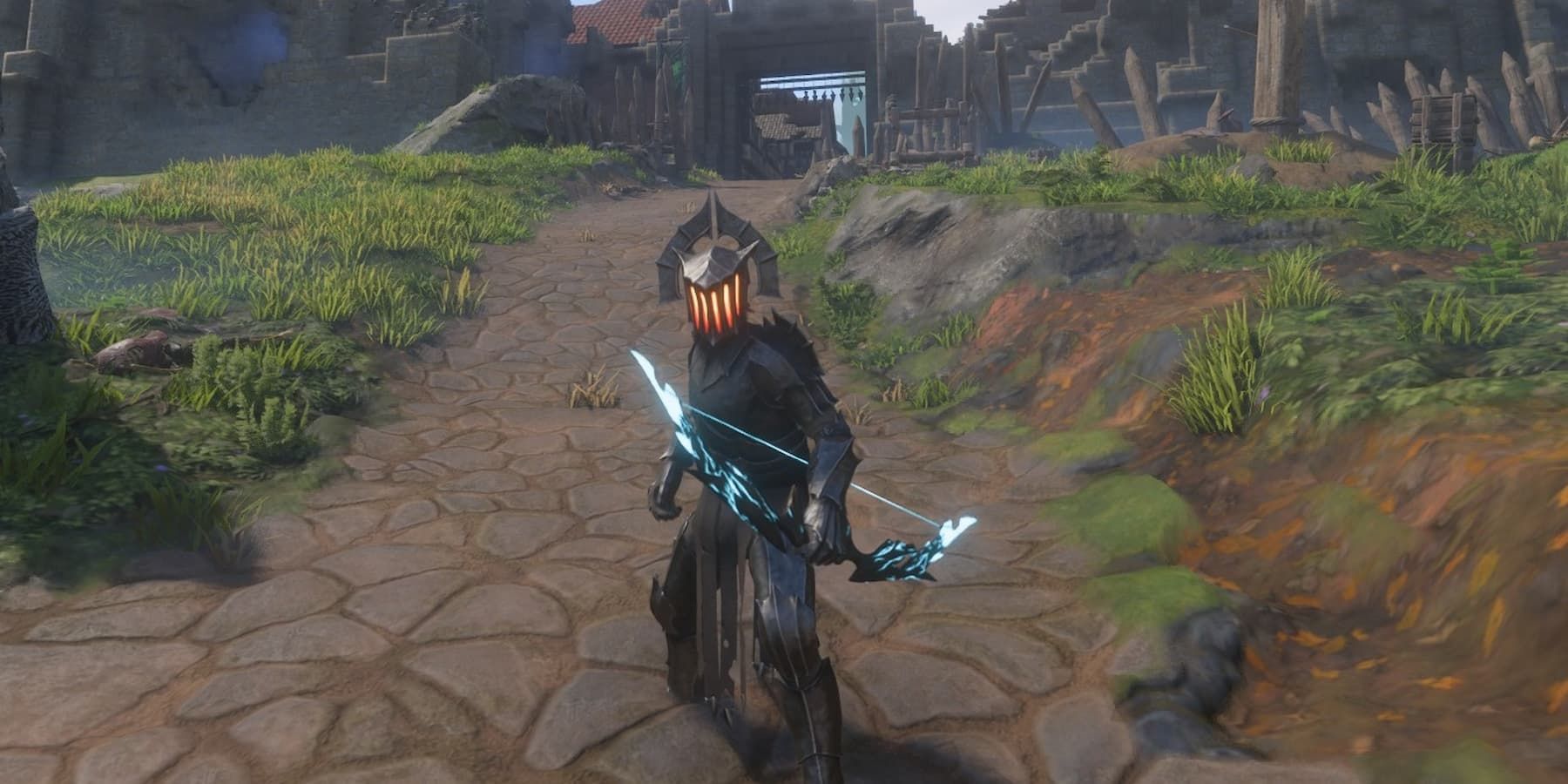Over the past decade, Fire Emblem has transformed from a niche strategy series to one of Nintendo’s most important franchises. A huge factor in this shift was Fire Emblem: Three Houses, a game that redefined the series and brought it mainstream success. While Fire Emblem: Engage was well-received, it did not capture the same attention or sales. With Fire Emblem 18 on the horizon, Intelligent Systems may very well lean toward the more successful Three Houses formula, rather than repeating Fire Emblem: Engage‘s nostalgic but less impactful approach.
Fire Emblem: Three Houses’ Plot and Setting Hit Mainstream Appeal
Two of the key reasons Fire Emblem: Three Houses resonated with a wider audience are its accessible plot and military school setting. Unlike Fire Emblem: Engage‘s reliance on nostalgia for older titles, Three Houses offers a narrative built around a more universally appealing setting. The school environment allowed players to form deep connections with students, which became essential as the game unfolded. Beyond the game, it created a lot of dialogue online between players about who their favorite characters were. This word of mouth eventually led to other people who never played the series to get curious and check out the game themselves. It would be hard for this style of gaming and social phenomenon to be ignored by Intelligent Systems.
Replayability Was the Secret Ingredient for Fire Emblem: Three Houses’ Success
Replayability played a major role in the success of Three Houses. The game’s branching storylines encouraged players to experience multiple narratives across its different houses, keeping them engaged for many playthroughs. The game’s story consists of roughly three branching paths and includes entertaining characters to represent each of them. Not only this, but the game also plays out in slightly different ways depending on the chosen branch.
By contrast, Fire Emblem: Engage offers a more linear story with fewer opportunities for deep narrative exploration. Most of the narrative focused on the conflict between nations and the characters were somewhat put in the background. Most of the interactions between characters were only a handful of short unlockable scenes that served more to give background about them than to establish budding relationships. Fire Emblem: Engage has less replay value as it doesn’t change much story wise. Three Houses, on the other hand, invites players to return to the game. For Fire Emblem 18, recapturing this depth of replayability would likely resonate with fans looking for meaningful choices and complex narratives.
Fire Emblem 18 Should Take the Best of Both Worlds
While Three Houses and Engage each have their strengths, Fire Emblem 18 could benefit from merging their best features. A perfect balance would be to combine Three Houses‘ deeper, character-driven narratives and school-like setting with Engage‘s refined tactical gameplay. This would allow Intelligent Systems to cater to the series’ broad audience without feeling like it’s regressing. For example, Fire Emblem 18 could implement a deeper dynamic relationship system that develops throughout progressing battles.
The Future of Fire Emblem: Learning From the Past
Although Fire Emblem: Engage was not a failure, its reception made it clear that fans are looking for something more in their next Fire Emblem story. Three Houses brought a perfect mix of innovation, emotional depth, and replayability that resonated with both new and old fans of the series. It would be no surprise if Fire Emblem 18 leaned heavily on what made Three Houses successful, recapturing the formula that helped turn Fire Emblem into one of Nintendo’s flagship franchises.
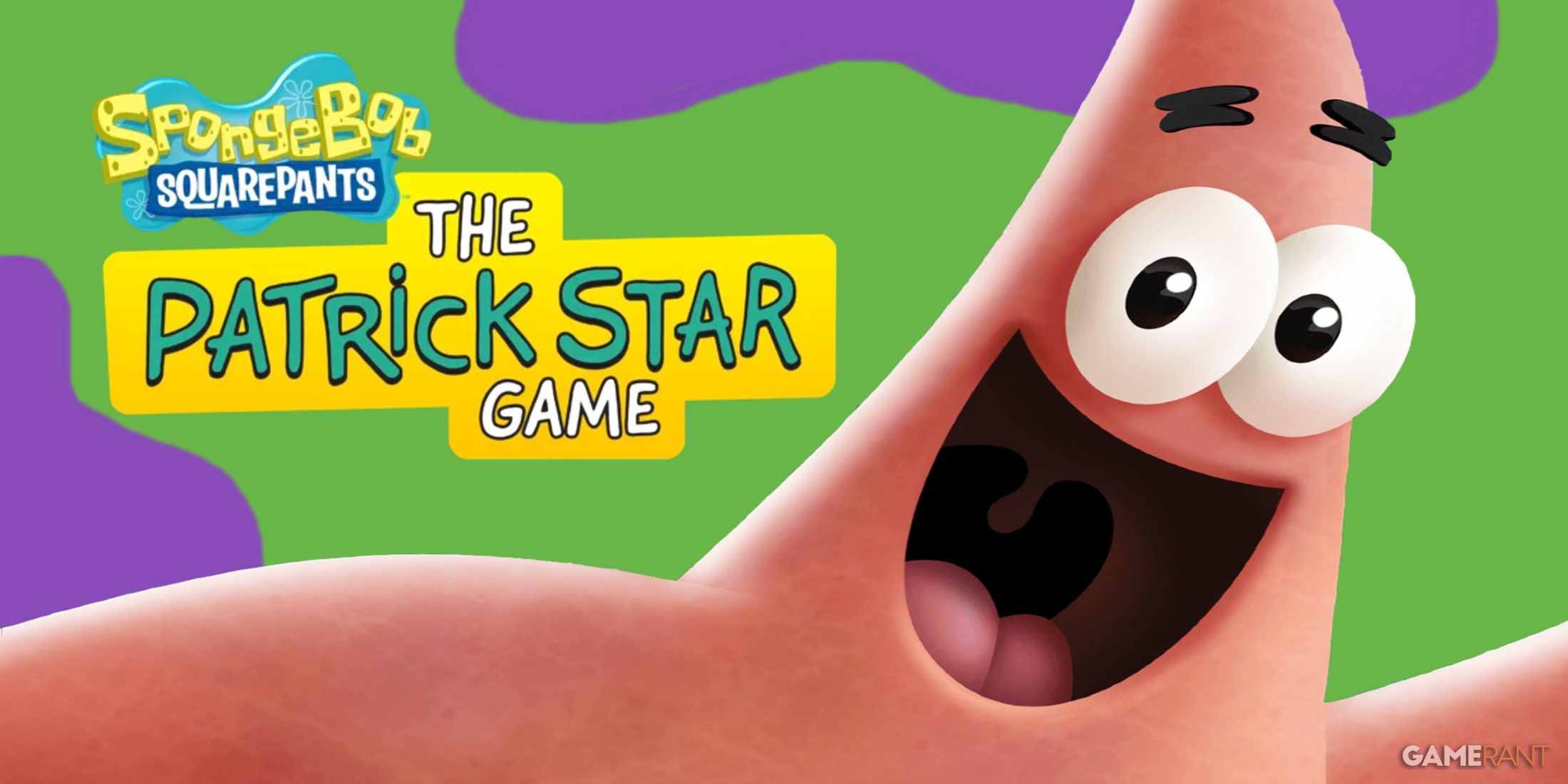
/cdn.vox-cdn.com/uploads/chorus_asset/file/25658713/panels_app_update.png)
